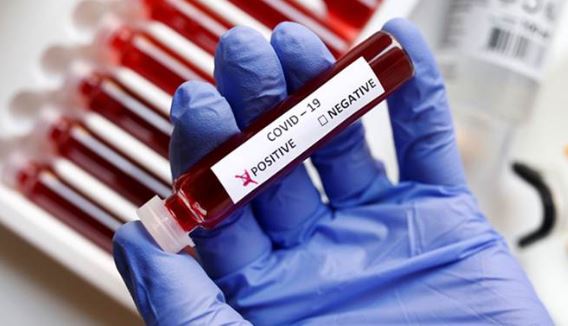Benefits of using lemon on face, Hairs – Possible Side effects and more
Benefits of using lemon on face, Hairs – Possible Side effects and more
As a rich source of vitamin C and citric acid, lemon is known for its detoxifying effect, especially when you add some freshly cut wedges to your drinking water. Due to the health benefits of eating lemons, there is a growing popularity of using lemons as a natural remedy for skin conditions such as age spots and acne.
However, using lemons on your face can also cause more damage to your skin than any good. Here, we discuss the possible risks and benefits of lemon juice on the skin.
Also read: Benefits of Brahmi ब्राह्मी (Hydrocotyl asiatica/Bacopa monnieri) Indian Pennywort
Possible benefits of using lemon on your skin
The perceived benefits of using lemon on your skin are the natural acidity of this citrus fruit as well as its vitamin C content. Lemons are sometimes used:
Acne treatment
Lemon juice has astringent qualities due to its acidic level. Ingredients with a higher pH level such as lemon can help reduce inflammation and oils that may contribute to acne formation.
Moreover, citric acid, a type of alpha hydroxy acid (AHA), can help break down dead skin cells that lead to non-inflammatory forms of acne like blackheads.
Antimicrobial effects
Lemon also has an antimicrobial effect, which may help to remove Propiobacterium acne bacteria that cause inflammatory acne.
At the same time, lemon also has an antifungal effect, which can help treat Candida rashes as well as scalp fungi that sometimes accompany seborrheic dermatitis.Skin or hair lightening
Citrus ingredients such as lemon can also work well on your facial hair along with marks of age spots or acne.
Psoriasis and dandruff treatment
Since lemon juice can relieve dead skin cells, the theory is that it can also reduce the skin patches responsible for psoriasis and dandruff. The slow-down effect is attributed to the lemon’s natural level of citric acid, as AHA has an extreme effect on the skin.
Increased collagen
Some proponents of using lemon on the skin say that citrus fruit is a natural method of increasing collagen in your face. Collagen itself is a protein that naturally breaks down with age, which can result in fine lines and wrinkles. As an antioxidant, vitamin C can help prevent free radicals that can damage collagen, leaving you with smoother skin.
Also Read: Benefits of Giloye गिलोय or Guduchi (Tinospora cordifolia) Moonseed
Side effects of and precautions for using lemon on your face
Lemon has more side effects than benefits for the skin, making it a risky DIY option for home skin care. If your skin is sensitive or you put your face out in the sun after applying lemon, the risk may be even greater.
Skin irritation
Skin irritation is the most common side effect from using fruit acids. Lemon is extremely acidic, which can irritate your skin. You may experience excessive dryness, redness and peeling of your skin. If you have sensitive skin, these effects can be worse. As a rule of thumb, people with sensitive skin should stay away from topical lemon applications.
Phytophotodermatitis
Phytophotodermatitis is a skin reaction to citrus fruits as well as other culprits such as parsley, celery and carrot plants. When there are sour substances on your skin and your skin is then exposed to UV rays, an inflammatory reaction can occur. This can result in symptoms such as redness, swelling, and blister.
Leukoderma
Leucoderma, also known as vitiligo, occurs when your skin is lightened due to the loss of melanin, the substance responsible for creating your natural skin complexion. While some people use lemons to lighten dark spots on the skin, larger, wider white leucoderma spots may develop instead.
Sunburn
Citrus fruits that are planted on top can also increase your risk of sunburn. Never apply lemon before going out under direct sunlight and do not use it for several days before any planned outdoor activities.









